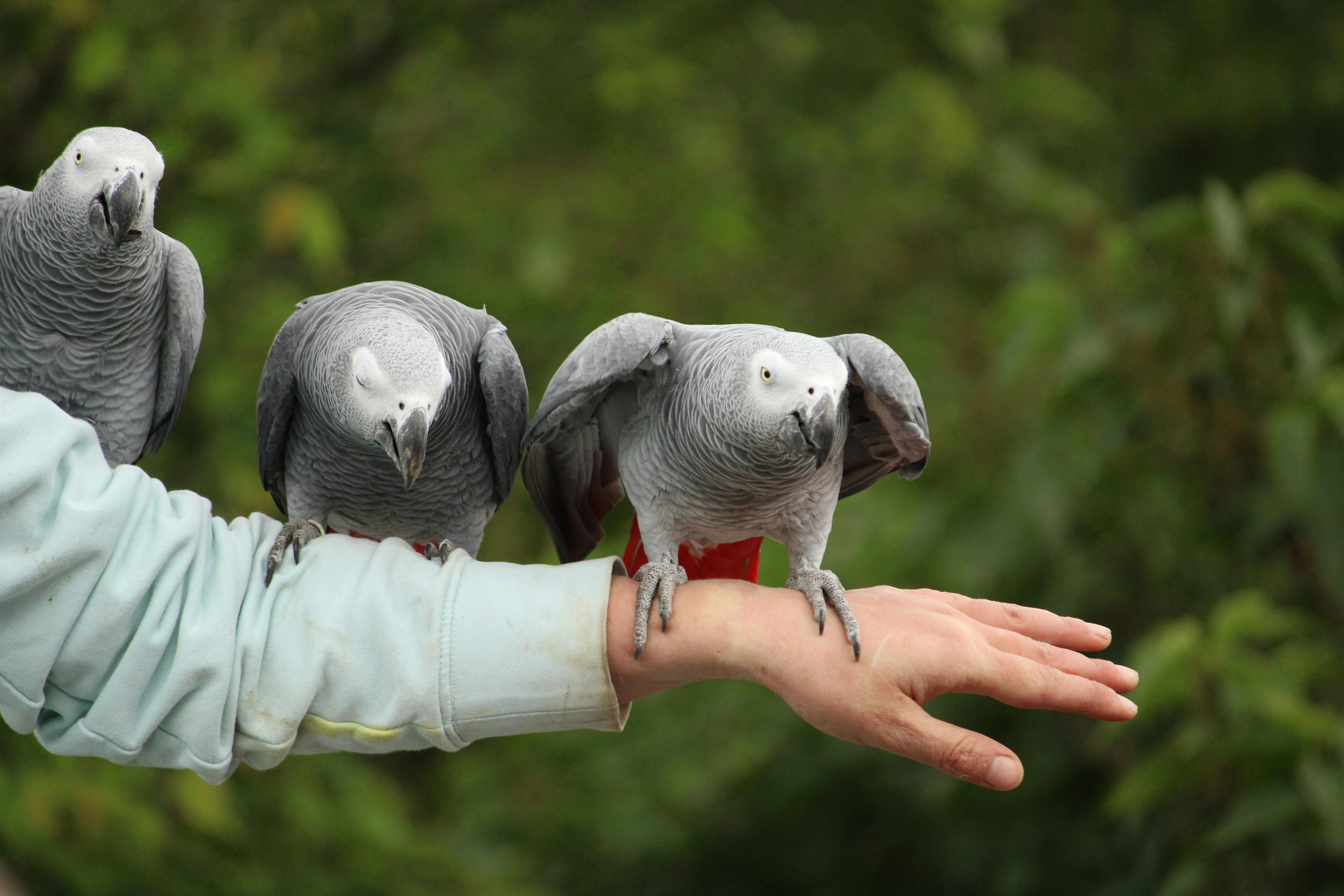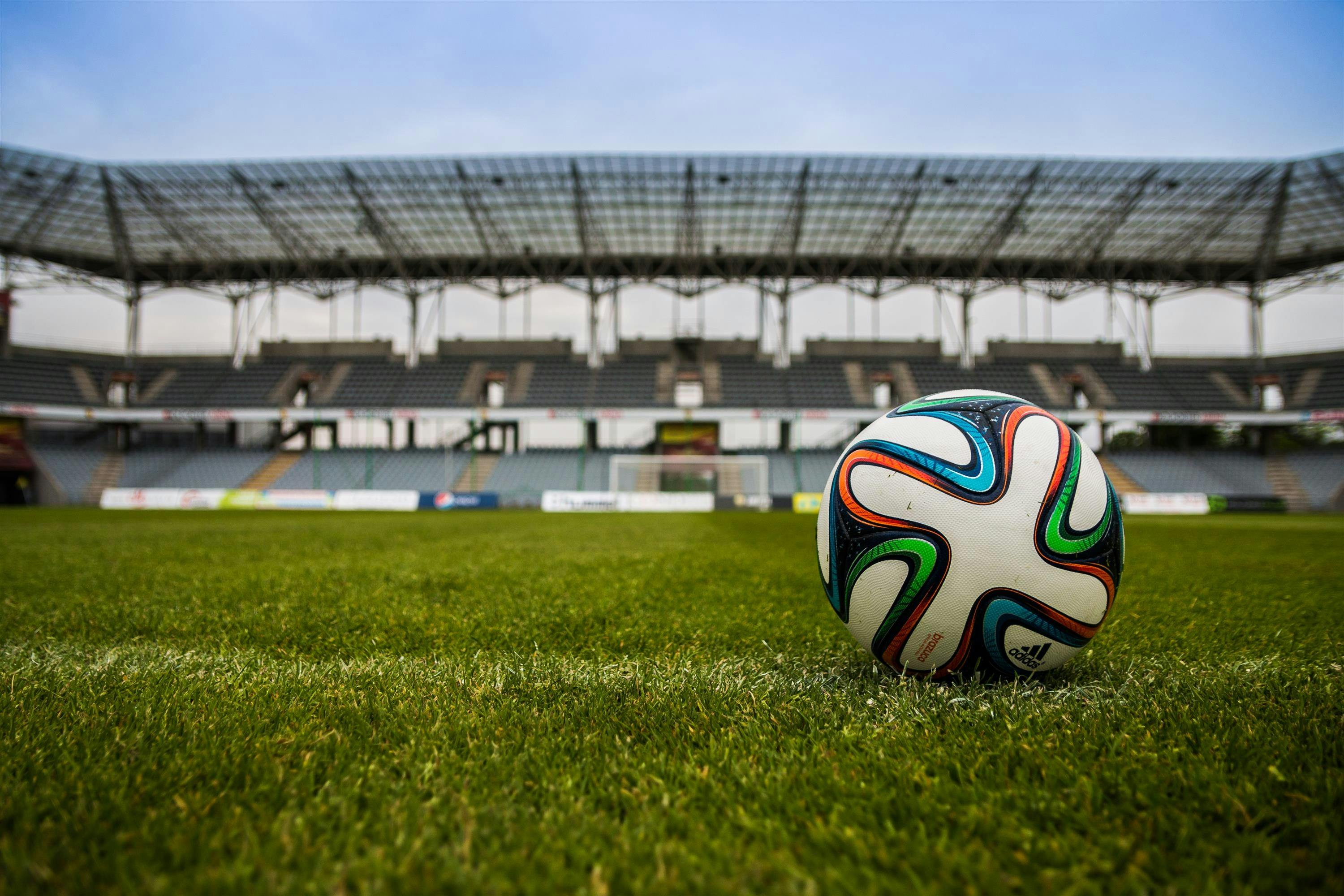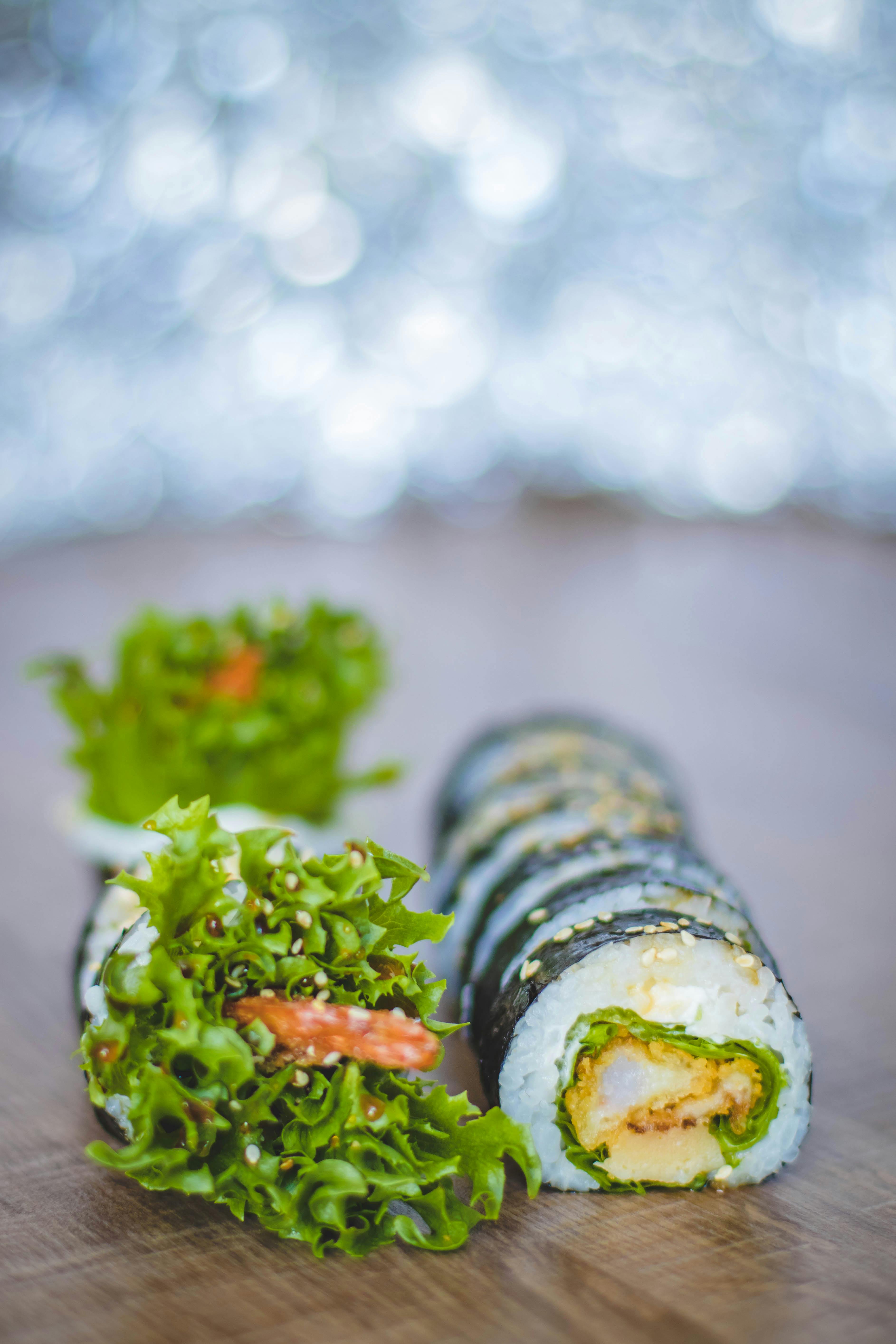Smart Ways to Estimate Parrot Costs for 2025 and Beyond

Essential Guide to Understanding How Much a Parrot Costs in 2025
Choosing to welcome a parrot into your home can be both a rewarding and costly experience. As one of the most intelligent and social creatures, parrots require extensive attention, care, and resources. In 2025, understanding the various costs associated with purchasing and caring for a parrot is crucial for potential owners. This guide will break down the essential aspects of parrot ownership, focusing on the price influences, average costs, and financial commitments involved.
The benefits of owning a parrot are numerous. These birds can provide companionship, engage in playful interactions, and even learn to talk! However, understanding the financial implications is paramount to ensuring your home can accommodate such a pet. In this article, we’ll discuss factors like initial costs, ongoing maintenance, and tips for budgeting effectively. By the end, you’ll have a clear picture of how much to expect and how to prepare financially for your new feathered friend.
Let’s explore the details of parrot costs, including the average price range for different species, the essential care expenses, and expert recommendations to help make your parrot ownership journey both enjoyable and manageable.

Understanding the Average Parrot Cost
When considering how much a parrot costs, it’s important to evaluate the average price for various parrot species. The price of a parrot can significantly vary based on the species, age, and whether you adopt or buy from a breeder. For instance, popular species such as Budgerigars, often regarded as beginner-friendly, can cost between $20 to $100, while larger and more exotic parrots such as Macaws and African Greys can range from $1,000 to upwards of $3,000.
The average parrot cost also incorporates factors such as breeder costs and local market pricing. It’s essential to research local pet stores and breeders, as they frequently offer different price points. Additionally, many online platforms provide a comprehensive view of availability and pricing, making it easier for potential owners to compare.
Moreover, understanding the concept of seasonal pricing can be beneficial. Certain times of the year, such as holiday seasons, may see a spike in parrot prices due to increased demand. This dynamic can affect both initial purchases and potential resale values later on.
For a detailed parrot price list for a variety of species and essential supplies, refer to our price guide for pet birds.
Factors Influencing Parrot Prices
Several factors can influence parrot prices, ranging from rarity and demand to breeding costs. Rarer species may come with a hefty price tag, especially if they have desirable traits such as unique colors or remarkable temperaments. Additionally, parrots sourced from ethical breeders often incur higher costs due to the time and resources invested in their care and upbringing.
Age is another crucial factor. Younger birds, particularly those that have not been fully weaned, generally command higher prices. The tendency to charge more for hand-fed babies also plays into this cost, as they are usually easier to train and bond with. Furthermore, geographical location can affect prices, with urban areas typically having higher prices due to increased demand and lower availability of certain species.
Lastly, the potential for quality avian veterinary services in your area can impact the annual maintenance costs tied to your pet parrot. Be sure to consider these expenses when determining the overall financial commitment involved in parrot ownership.
Initial Costs of Buying a Parrot
The initial costs of buying a parrot extend far beyond the purchase price. First, you must account for supplies needed to create a suitable environment for your new companion. This includes a high-quality cage, food and water dishes, bedding, and toys. Depending on the size of your parrot, the price of a cage typically ranges from $100 to $300, while essential supplies might add another $100 to $200.
Cage prices can significantly affect your budgeting for parrot ownership. It's important to select a space that accommodates your bird's flight requirements and provides a safe environment for play. Keep in mind that larger parrots will need more robust cages designed to withstand their strong beaks and active behaviors.
After planning for the initial costs, consider the importance of pet insurance. While not mandatory, having a financial safety net for veterinary expenses can make a huge difference in emergencies. This additional layer of protection can frequently range from $20 to $50 monthly, depending on the coverage.
Lastly, if you’re considering buying from a breeder or a pet store, be prepared for possible adoption fees that can additionally impact overall costs.

Exploring Ongoing Parrot Care Expenses
Once you have a parrot, it’s crucial to plan for ongoing care expenses. The pet parrot cost extends beyond the initial purchase; maintaining their health and happiness often involves a consistent financial commitment. Factors such as food, toys, regular vet check-ups, and unexpected emergencies must be factored into your budget. On average, bird food prices can range from $15 to $30 monthly, depending on the specific dietary needs.
Given the dietary variety needed to keep your parrot healthy, investing in quality parrot food is essential. Many owners choose special blends that cater to their parrot’s species, encompassing pellets, seeds, and fresh fruits and vegetables. Each of these components contributes to influencing the overall cost of your parrot diet.
Beyond feeding expenses, consider the costs of parrot toys. Keeping your parrot mentally stimulated is vital for their well-being, which usually entails fairly regular updates to their environment. Average costs for parrot toys can vary widely, often averaging around $10 to $50 each, depending on the complexity and materials involved.
Vet Expenses for Parrots
Regular check-ups and potential veterinary care are substantial considerations when budgeting for parrot ownership. Just like any pet, avian vet services can be costly, especially for specialized care. Routine yearly check-ups may cost between $50 to $150, and diagnostic tests or emergency services can lead to higher expenses.
Common health issues found in pet parrots require thorough examinations and sometimes treatments, which further influences long-term costs. It’s advised that potential owners seek an avian vet familiar with bird care to ensure a positive and safe experience.
Even with regular care, emergencies can arise suddenly, further stressing your budget. Having a plan and an emergency savings fund dedicated to veterinary costs is essential to mitigate these potential financial strains.
Budgeting for Pet Parrots
Creating a budget for your parrot’s care can help you manage both initial and ongoing expenses effectively. First, list all the costs related to purchasing your parrot and its setup. This should include the parrot price itself, cage expenses, and essential supplies. Once you have these figures, start looking at monthly costs involved in feeding, toys, and veterinary visits. By tallying these expenses, you can ensure you have a comprehensive view of your total financial commitment.
Consider using budgeting tools specific to pet ownership to help track and plan for your expenses. These tools allow bird owners to input their expected regular costs and alert them of potential financial implications as they adjust their parrot’s care routine. This can be particularly helpful for maintaining a clear understanding of essential care expenses.
Long-Term Costs of Caring for Parrots
The long-term costs of caring for parrots are a key consideration when evaluating if they’re a good fit for your lifestyle. Over time, costs can steadily accumulate for food, bird supplies, and potential veterinary care. A ballpark figure for annual parrot maintenance costs can be estimated at $500 to $1,000, depending on the species and individual bird needs.
Moreover, be mindful of budgeting for potential supplies such as cages, food quality upgrades, or unexpected expenses like boarding should you need to travel. Incorporating flexible budgeting methods that adapt to changes in expenses can keep you prepared for any surprise costs that might arise in the future.
Parrot Care Essentials and Supplies
To ensure a rewarding relationship with your parrot, understanding essential parrot purchases is crucial. Parrot supplies cost varies widely, meaning budget-conscious owners can find affordable options while ensuring quality care. Basic supplies such as a proper cage, food and water bowls, and mentally stimulating toys are critical components of effectively caring for your avian companion.
When choosing supplies, always opt for manageable and safe products that meet your parrot’s specific needs. Researching options and reviewing reputable brands can help isolate the best items without breaking the bank. This investment in care will benefit not only your finances but also the well-being of your parrot.
Comparing Parrot Prices
Understanding parrot market price is essential to make an informed decision. Comparing prices across local pet stores and breeders to online platforms can uncover the best deals. Transparency in pricing helps you find budget-friendly options and enables responsible purchasing.
Additionally, many parrot-related forums and community groups provide updated information on pricing and allow current owners to share their experiences, helping you assess parrot affordability effectively.
Conclusion: The Financial Commitment of Owning a Parrot
In conclusion, owning a parrot in 2025 requires careful financial planning and understanding of all associated costs. While the joys of parrot companionship are many, the financial implications can significantly impact your choosing decision. By considering initial costs, ongoing care expenses, and diligent budgeting, you can ensure a fulfilling relationship with your new pet and successfully meet its needs. For further insights on parrot ownership, including tips and expert advice on compatible breeds, check out our guides on pet care and budgeting strategies.